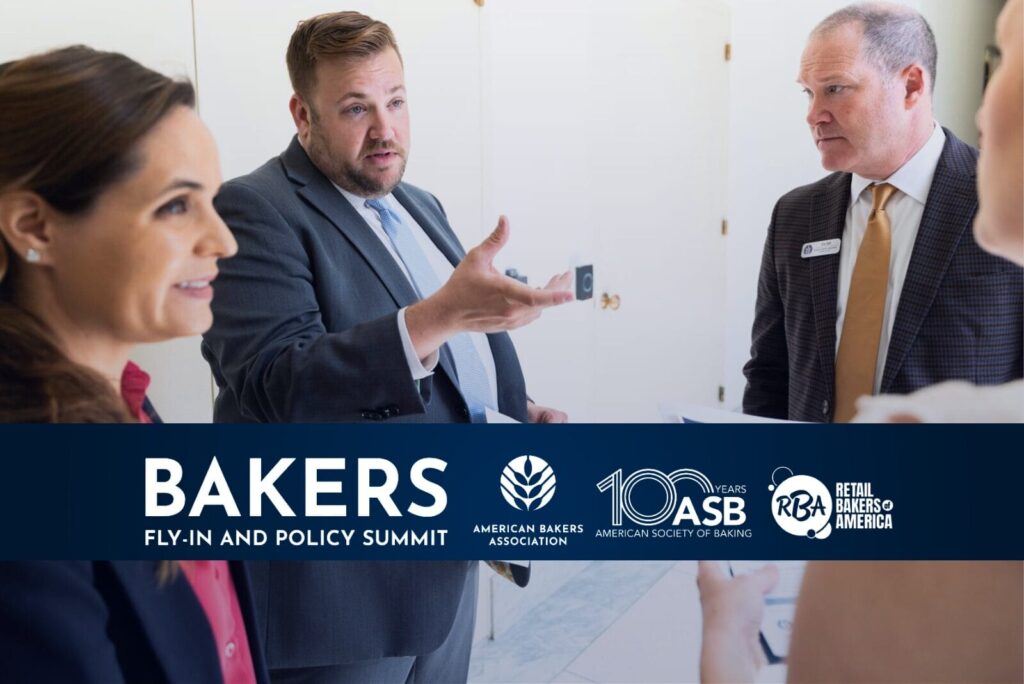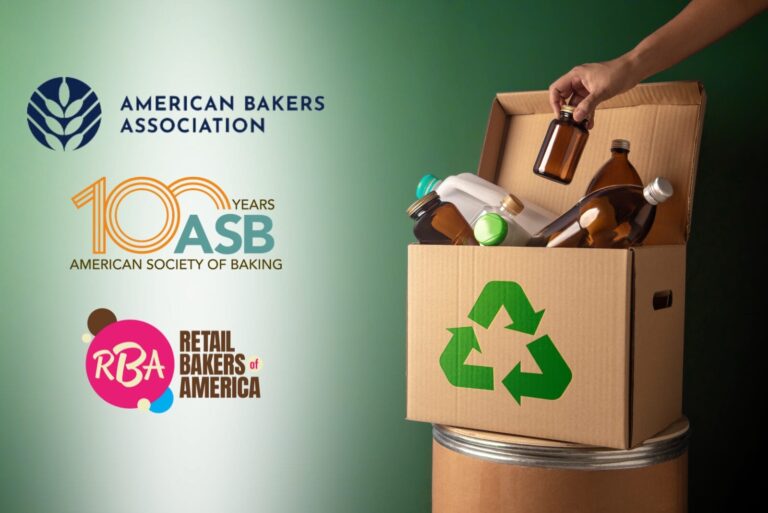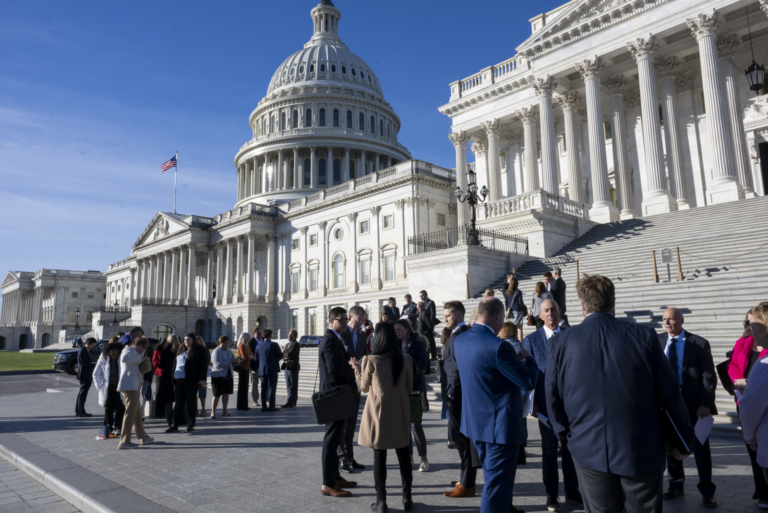WASHINGTON, DC — After two well-attended Bakers Fly-In events co-hosted by the American Bakers Association (ABA), American Society of Baking (ASB) and Retail Bakers of America (RBA), ABA recently shared news of a win on ensuring consumer choice under the Supplemental Nutrition Assistance Program (SNAP), one of the top issues addressed during both events.
Considered a cornerstone of the nation’s nutrition safety net, SNAP benefits allow low-income families supplemental grocery funds to ensure access to essential foods, including baked goods.
However, HR 9027, the House Appropriations bill for fiscal year 2025, proposed language to create pilot SNAP programs that would restrict choices to only whole grain products as opposed to those containing either whole grains or enriched grains. The intention of the proposed legislative language is to limit options to only those deemed to be “healthy.”
“It is imperative to retain SNAP choice for recipients, rather than impose government restrictions on what they can feed their families,” said Rasma Zvaners, VP of government relations for ABA. “In the past few years, there’s been a push from some Members of Congress that people need to be making this ‘good food / bad food’ choice, and that’s a position ABA has always opposed because you never know the situation of those who need to use these assistance programs.”










